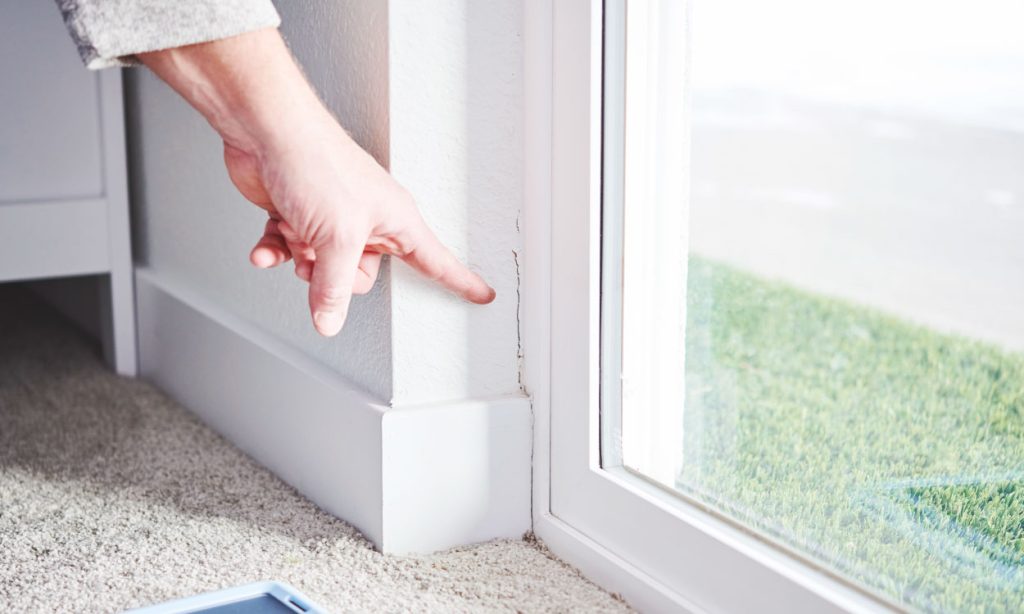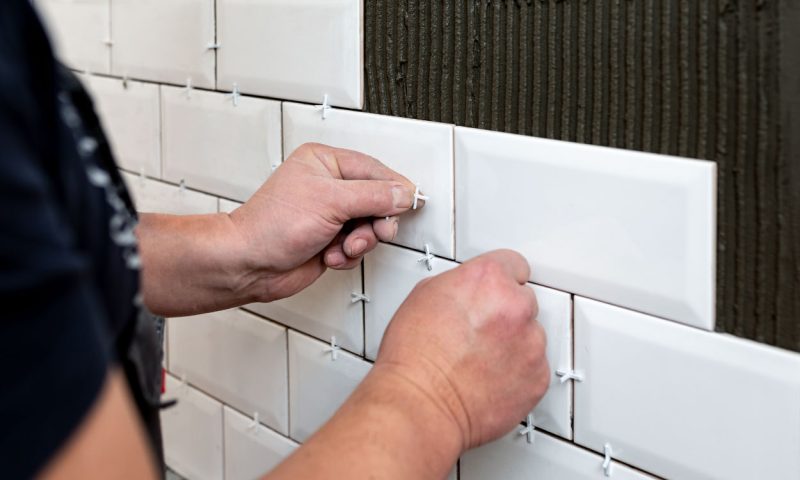What Every Homeowner Should Know About Preventing Costly Repairs

Every homeowner aims to conserve their property in the best condition possible. However, issues such as leaks, cracks, dampness, faulty wiring, and boiler breakdowns can abruptly surface, leading to frustrating and expensive repairs.
These unexpected costs can cause a real headache, particularly when they could have been avoided with some simple preventive measures. Regular maintenance not only helps you avoid these costly repairs but also ensures your house remains a comfortable home for a longer duration.
What many homeowners underestimate is just how quickly a minor issue can snowball into a significant expense. A small patch of dampness on the ceiling, if ignored, could point to a roof leak that requires full replacement down the line. A flickering light might be dismissed as an inconvenience, yet it could signal outdated wiring that poses a serious fire risk.
Taking the time to perform simple checks around your property, or investing in professional maintenance services, can help keep these small concerns from turning into budget-draining emergencies.

The Value of PPM in the UK
Planned Preventive Maintenance, often referred to as PPM in the UK, is becoming increasingly popular among homeowners. This proactive approach to property care involves routine checks and reviews of key areas in your home to catch potential issues before they develop into costly problems. From inspecting guttering and testing plumbing to tackling mould prevention, PPM ensures that your property is well looked after year-round.
Many homeowners are familiar with the idea of getting their car serviced to prevent breakdowns, PPM works in a similar way for your home. By prioritising prevention over reaction, homeowners can save both time and money while maintaining a safer, healthier living environment. The benefits go beyond cost savings too: a well-maintained home typically retains a higher resale value, provides greater comfort to your family, and reduces the likelihood of sudden disruptions that can affect your daily routine.
Understanding Potential Risk Areas
The first step to preventative maintenance is understanding your property’s potential risk areas. These could range from ageing appliances to unseen mould growth to overlooked roof cracks. By conducting regular inspections, you can pinpoint and address these issues early on, before they multiply or intensify.
One common area of concern is plumbing. Water leaks can lead to costly water damage or, even worse, structural damage. A leaky pipe behind a wall can go unnoticed for months, silently weakening plaster, flooring, and timber. Keep an eye out for signs of leaks, such as damp spots, discolouration, or an unexpected rise in water bills. Immediately rectify even minor leaks to prevent them from becoming a major, costly issue.
Another high-risk area is electrics. Outdated wiring or overloaded circuits can create safety hazards that demand expensive repairs or replacements. Periodic electrical inspections, especially in older properties, ensure your system is safe and compliant with current standards. While rewiring a home may seem costly, it’s far cheaper than the potential damage caused by an electrical fire.
Addressing Mould Issues
Mould is a common issue many homeowners face, especially in damper parts of the UK, where excess moisture can encourage its growth. Not only can it damage your walls, ceilings, and other parts of your property, but it also poses serious health risks to your family. Exposure to mould spores can trigger allergies, worsen asthma, and create persistent respiratory issues.
That’s why it’s vital to remove mould quickly at the very first signs of its presence. For small outbreaks, natural solutions like vinegar or baking soda can help, while larger infestations are best handled by a professional mould removal company. Just as importantly, mould prevention should be ongoing: ensure your home has adequate ventilation, particularly in bathrooms and kitchens, and consider using dehumidifiers in high-risk areas.
Servicing Boilers and Household Appliances
Boilers are another part of the home that should receive regular checks. Faulty boilers can cause inconvenient breakdowns, particularly during winter. More than an inconvenience, the cost of completely replacing a broken boiler can be substantial. Annual servicing by certified professionals not only ensures your boiler operates efficiently but also lengthens its overall lifespan, helping you avoid sudden, high-ticket replacement costs.
Beyond boilers, other household appliances such as washing machines, tumble dryers, and ovens should not be overlooked. A minor fault, if ignored, could lead to electrical problems, water leaks, or even fires. Cleaning filters, checking hoses, and scheduling occasional professional servicing can help keep these appliances running smoothly and safely. In the long run, the cost of maintenance is far lower than the price of replacement or emergency repairs.
Outdoor Maintenance
Outdoor areas are just as crucial when it comes to preventative measures. The exterior of your property is constantly exposed to the elements, and without proper upkeep, small signs of wear and tear can quickly escalate.
Regular pruning of trees can prevent unexpected and potentially damaging falls during harsh weather. Branches that hang too close to the house could break windows, damage roofing, or even cause injury. Additionally, maintaining your property’s exterior paintwork provides more than just cosmetic appeal—it protects surfaces from weather damage, damp ingress, and rot. A fresh coat of paint is far cheaper than repairing water-damaged woodwork.
Moreover, your home’s gutters should be cleaned and inspected regularly to ensure proper drainage and prevent water damage. Blocked gutters can cause rainwater to overflow, leading to damp patches on walls, eroded brickwork, and damaged foundations. A simple seasonal clean can save thousands in future repair bills. Driveways, patios, and garden fences also benefit from occasional maintenance, keeping the whole property safe, attractive, and structurally sound.
In Conclusion: Practice Proactive Maintenance
Owning a home is a responsibility that requires both time and financial commitment. The key to preventing costly repairs is proactive and regular maintenance. PPM in the UK is proving to be beneficial to many homeowners, bearing testament to how a small investment can lead to significant savings in the long run.
By understanding potential risk areas, addressing mould issues with priority, regularly servicing your appliances, and maintaining outdoor areas, you can protect your home and wallet from unexpected repair costs. Prevention not only saves money but also gives you peace of mind, knowing your home is safer and more resilient.
Remember, an easy-on-the-pocket prevention is far superior to a heavyweight cure. With consistent care, your home will remain a reliable, comfortable haven for you and your family for many years to come.
The post What Every Homeowner Should Know About Preventing Costly Repairs appeared first on UK Home Improvement.







